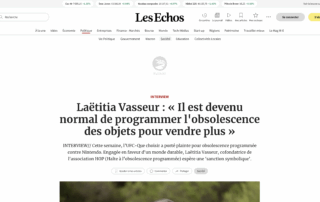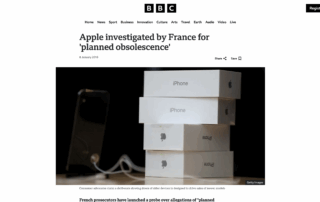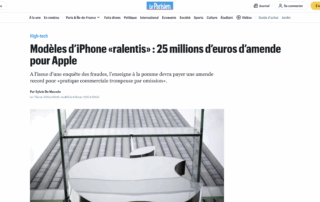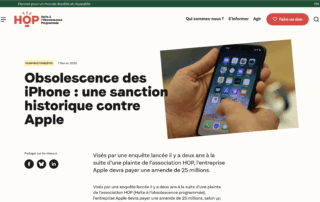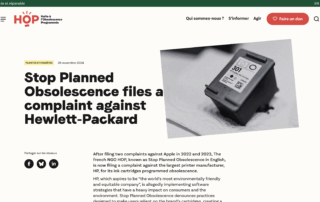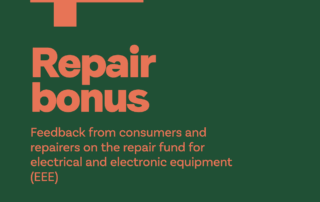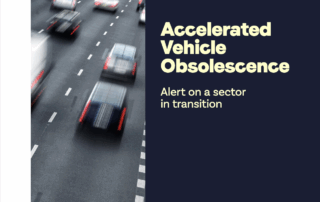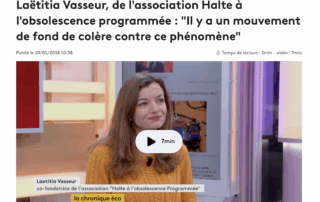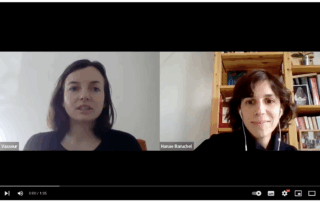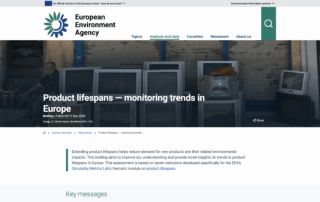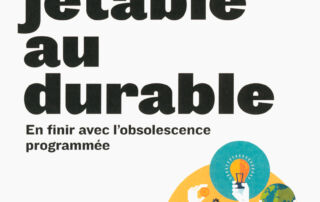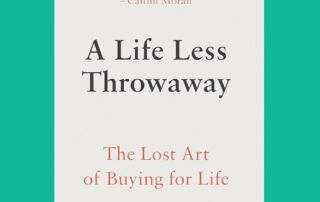We accelerate durable products by sharing knowledge and actions
![]()
![]()

The alliance is a project co-created by HOP – Stop Planned Obsolescence, the University of Aalborg and Repair Café Danmark, including strategic partners. It is a non-profit and independent alliance. It function thanks to members’ material and time.
Our goals
To share knowledge
Through resources based on durability data, policy analyses from across the world.
To incentivize, inspire and support committed actors
Through the share of all-scale progress and feedback on durability initiatives. We wish to inspire local actions by connecting people.
To promote an ambitious vision on durability
Through the publication of a manifesto and the support of related initiatives.
To give credit to the fight for product durability
Through the creation of a broad and organized alliance.
Our actions
Connect
We bring together researchers, businesses, citizens, public authorities, and NGOs to build a vibrant international community committed to advancing durability through dialogue, collaboration, and shared purpose.
Monitor
We track global durability and reparability trends, policies, and innovations to inform action, support decision-making, and empower our community with timely, curated knowledge.
Gather
Twice a year, we convene online to exchange insights, showcase initiatives, and strengthen the collective momentum toward a more sustainable future.
Spark
We catalyze spontaneous collaborations and joint initiatives by connecting actors with shared goals, enabling ideas to turn into action across borders and disciplines.
Manifesto
Towards life-lasting products
We, actors from all over the world, believe that product durability needs to become a central aspect of our economies.
Simply being aware of the environmental impact of our living habits is no longer sufficient. Multiple shifts are necessary. We wish to move towards a world where circular economy and life-lasting products are widespread. Aware of the social, economic and ecological consequences of waste and resource extraction, a worldwide movement for durability is needed. We are united behind strong beliefs in social and environmental justice.
Durability is not a second-range issue. It has to be seriously taken into account by citizens, companies, researchers and political actors. The deepening of the ecological transition is necessary. The European Union as well as France have started to think differently. The 2024 so-called Right to repair directive could have pointed towards a new paradigm in which the economy would not be driven by over-production and waste, but by repairability and local jobs creation. Unfortunately, the directive does not give consumers a right to repair, but mainly a right to get a price for a repair, while at the same time maybe having to pay to get this price. At the same time, the directive requires EU member states to establish a supportive framework for durability and repairability in 2026. It constitutes an opportunity to strive for large progress that the IAD will strongly support. In France, the repairability and durability indexes are strong steps towards long-lasting products. It has already started to change citizens’ consumption habits and it certainly raised awareness and manufacturers have made efforts on products’ lifespan. Both consumers and producers must take part in the transition towards more circularity of the economy.
Moreover, some complaints have been filed for planned obsolescence and deceptive commercial practices. Several countries have imposed sanctions. It is a start in the fight for life-lasting products.
The International alliance on durability aims to complete and reinforce initiatives. It will help to gather actors from different countries behind the wish of a more sustainable system. In fact, the United Nations launched a working group on Product lifetime extension. At a European level, the right to repair coalition and PLATE (Product lifetimes and the environment) bi-annual conferences have put these issues temporarily at the center of the scientific and political debate. It needs to become permanent.
In addition, this alliance aims to inspire and multiply local initiatives by connecting stakeholders from all around the world. The IAD will strengthen dialogue and synergies between research and civil society actions. This will maximise the impact in favor of sustainable production and consumption as pursued by the UN SDG 12. It will broaden the scope of discussions by ensuring ongoing exchange of experiences with national regulation, including national implementation of EU regulation. It aims to bring together researchers, companies, politicians, associations in a broad alliance where we can build up a durable world. Our final goal is for durability measures and initiatives to become widespread and tend towards a sustainable circular economy.
The members of the alliance are in favor of:
- Engaging every stakeholder (companies, politicians, civil society, researchers…) in pragmatic and constructive discussions in favor of product durability. They are committed to the reduction of accelerated obsolescences – technical and software-related – with the ambition of having a strong impact.
- Improving consumers’ awareness by increasing transparent and available information on product lasting. This also goes with rethinking advertisement and obtaining a UN International repair day.
- Restore a better balance in the fight for long-lasting products between manufacturers and consumers, through the support of a regulatory and legal framework in favor of durability.
- Deepening ecodesign throughout the world in order to limitate the upstream environmental impacts of sales et consumption.
- To make repair accessible, particularly by regulating spare-parts price and availability. They are a central aspect of repairability and product durability.




